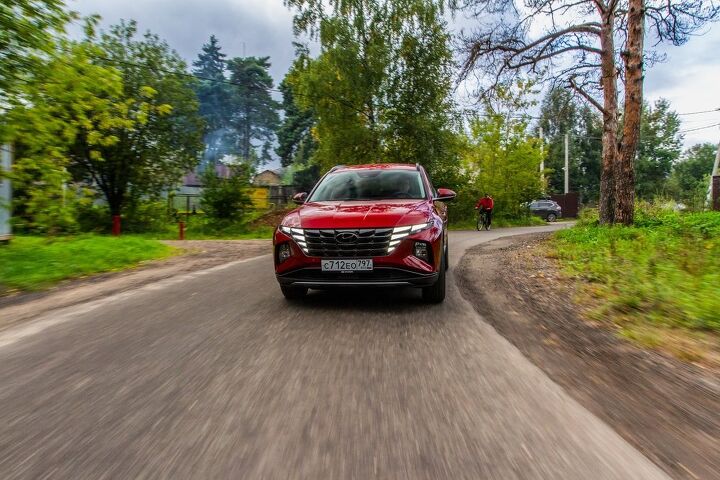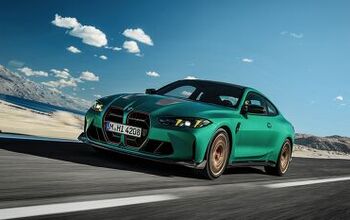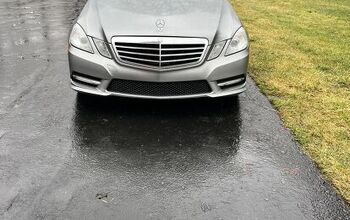Leading the Green Drive: Hyundai's Eco-Friendly Vehicles Gain EPA Praise
In the latest EPA Automotive Trends Report, Hyundai has emerged as a leading figure in eco-friendly automotive technology. The company is only second to Tesla in achieving the highest fuel economy and the lowest CO2 emissions amongst major automakers.
Between 2017 and 2022, Hyundai has successfully reduced its CO2 emissions from 311 g/mi to 302 g/mi and improved its fuel economy from 28.6 MPG to 29.1 MPG. These numbers reflect Hyundai's commitment to developing a more efficient range of vehicles.
A key aspect of Hyundai's strategy is its focus on electrification, aimed at diminishing the carbon footprint. The company offers a diverse range of electric, hybrid, and hydrogen-powered vehicles in the U.S. market, including the acclaimed IONIQ 5, IONIQ 6, and KONA Electric. Electric vehicles constituted 7% of Hyundai’s total sales in 2023, doubling from the previous year. Hyundai's ambitious goal includes launching over 17 new battery-electric models and targeting a substantial share of the global EV market by 2030.
The EPA report underscores a significant shift in the automotive industry, with a marked improvement in CO2 emissions and fuel economy. Hyundai's efforts are a crucial part of this industry-wide transformation, promising further enhancements in upcoming models.
Hyundai's presence in the U.S. extends beyond its environmental initiatives. With its headquarters and various facilities across the nation, Hyundai significantly contributes to the American economy and job market, underscoring its role as a key player in the automotive sector.
This article was co-written using AI and was then heavily edited and optimized by our editorial team.
More by TTAC Staff
Latest Car Reviews
Read moreLatest Product Reviews
Read moreRecent Comments
- Joe65688619 I agree there should be more sedans, but recognize the trend. There's still a market for performance oriented-drivers. IMHO a low budget sedan will always be outsold by a low budget SUV. But a sports sedan, or a well executed mid-level sedan (the Accord and Camry) work. Smaller market for large sedans except I think for an older population. What I'm hoping to see is some consolidation across brands - the TLX for example is not selling well, but if it was offered only in the up-level configurations it would not be competing with it's Honda sibling. I know that makes the market smaller and niche, but that was the original purpose of the "luxury" brands - badge-engineering an existing platform at a relatively lower cost than a different car and sell it with a higher margin for buyers willing and able to pay for them. Also creates some "brand cachet." But smart buyers know that simple badging and slightly better interiors are usually not worth the cost. Put the innovative tech in the higher-end brands first, differentiate they drivetrain so it's "better" (the RDX sells well for Acura, same motor and tranmission, added turbo which makes a notable difference compared to the CRV). The sedan in many Western European countries is the "family car" as opposed to micro and compact crossovers (which still sell big, but can usually seat no more than a compact sedan).
- Jonathan IMO the hatchback sedans like the Audi A5 Sportback, the Kia Stinger, and the already gone Buick Sportback are the answer to SUVs. The A5 and the AWD version of the Stinger being the better overall option IMO. I drive the A5, and love the depth and size of the trunk space as well as the low lift over. I've yet to find anything I need to carry that I can't, although I admit I don't carry things like drywall, building materials, etc. However, add in the fun to drive handling characteristics, there's almost no SUV that compares.
- C-b65792653 I'm starting to wonder about Elon....again!!I see a parallel with Henry Ford who was the wealthiest industrialist at one time. Henry went off on a tangent with the peace ship for WWI, Ford TriMotor, invasive social engineering, etc. Once the economy went bad, the focus fell back to cars. Elon became one of the wealthiest industrialist in the 21st century. Then he went off with the space venture, boring holes in the ground venture, "X" (formerly Twitter), etc, etc, etc. Once Tesla hit a plateau and he realized his EVs were a commodity, he too is focused on his primary money making machine. Yet, I feel Elon is over reacting. Down sizing is the nature of the beast in the auto industry; you can't get around that. But hacking the Super Charger division is like cutting off your own leg. IIRC, GM and Ford were scheduled to sign on to the exclusive Tesla charging format. That would have doubled or tripled his charging opportunity. I wonder what those at the Renaissance Center and the Glass House are thinking now. As alluded to, there's blood in the water and other charging companies will fill the void. I believe other nations have standardized EV charging (EU & China). Elon had the chance to have his charging system as the default in North America. Now, he's dropped the ball. He's lost considerable influence on what the standardized format will eventually be. Tremendous opportunity lost. 🚗🚗🚗
- Tassos I never used winter tires, and the last two decades I am driving almost only rear wheel drive cars, half of them in MI. I always bought all season tires for them, but the diff between touring and non touring flavors never came up. Does it make even the smallest bit of difference? (I will not read the lengthy article because I believe it does not).
- Lou_BC ???


































Comments
Join the conversation